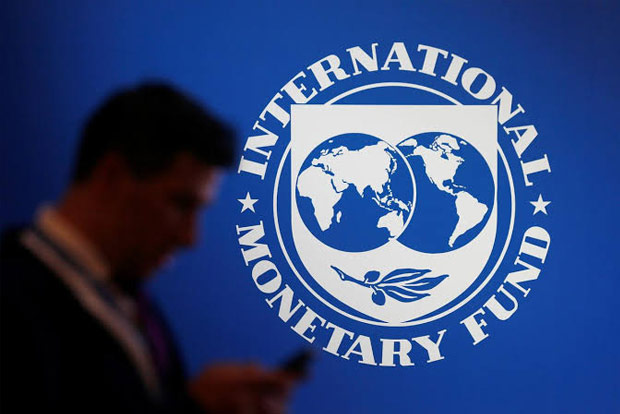Catastrophic floods have claimed 972 lives and destroyed crops, livestock, and homes across Punjab before pushing into Sindh, triggering fears of fresh food inflation and worsening hardship in Pakistan’s struggling economy, according to the National Disaster Management Authority (NDMA).
Amid this crisis, the International Monetary Fund (IMF) said on Saturday that its upcoming Extended Fund Facility (EFF) review mission will assess whether Pakistan’s fiscal framework can meet the urgent needs created by the disaster.
“The mission will evaluate whether the FY26 budget, its spending allocations, and emergency provisions remain sufficiently agile to address the spending needs necessitated by the floods,” explained Mahir Binici, the IMF’s resident representative in Pakistan.
The Finance Ministry clarified that the visit has not yet been confirmed, though the review mission may arrive later this month.
The flooding has already raised concerns for monetary policymakers. A Reuters poll suggested the State Bank of Pakistan will keep its policy rate unchanged at 11% on Monday, balancing crop-loss-driven inflation risks against slowing growth. One analyst warned agricultural damage could cut up to 0.2 percentage points from annual GDP, with reconstruction-led demand offering only a partial offset.
In May, the IMF’s board approved a $1.4 billion loan to bolster Pakistan’s resilience to climate vulnerabilities and natural disasters. The disbursement of these funds, however, remains contingent upon successful program reviews under the EFF.
The IMF also extended its condolences for the mounting human toll. The Global Climate Risk Index ranks Pakistan among the countries most vulnerable to climate change, underscoring the urgency of the challenge.




